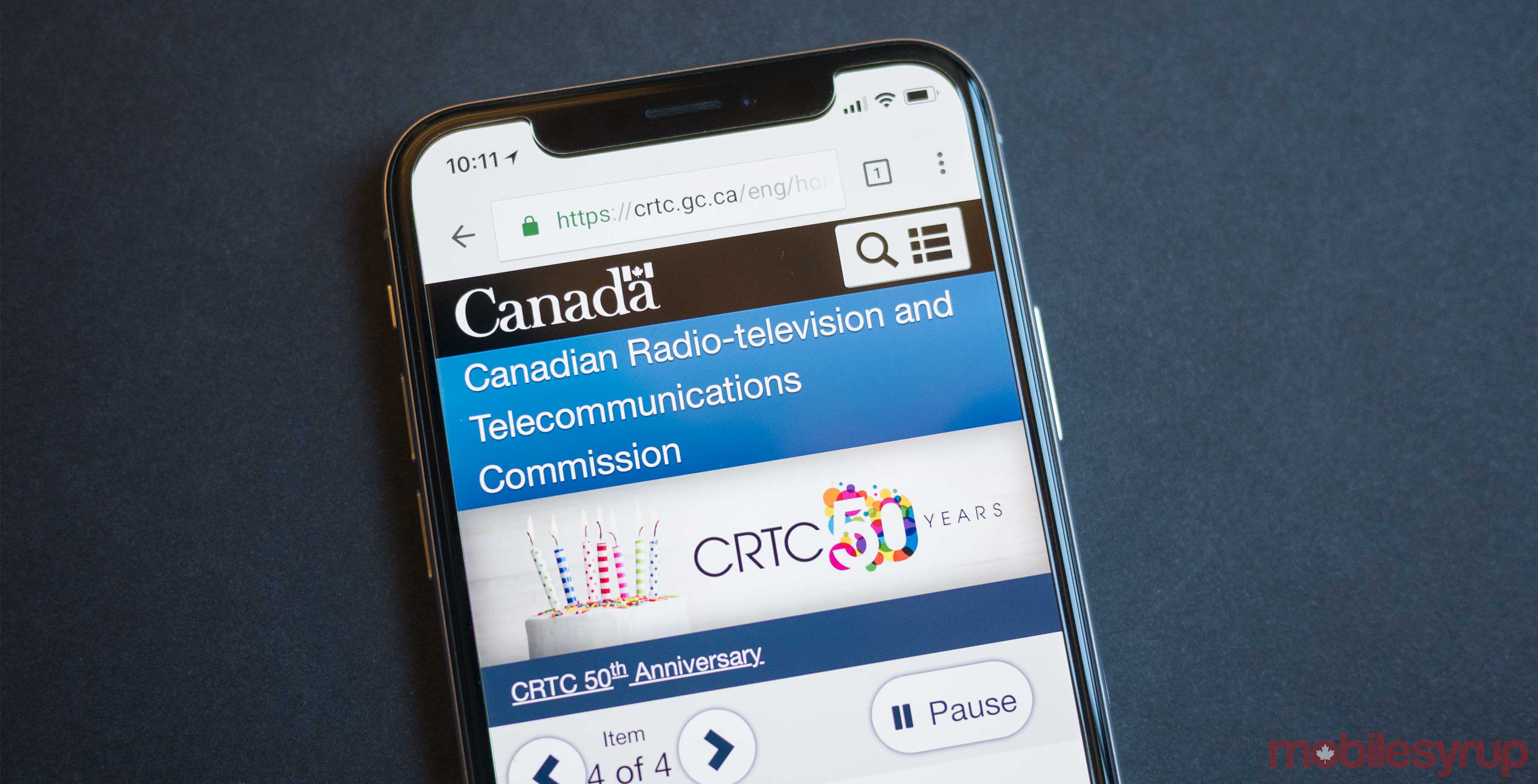
As the Canadian telecom regulator’s deadline approaches for comments on next-generation 911 services (NG911), one decision regarding the forthcoming services has already been changed.
A collection of police departments and 911 centres have successfully petitioned Canada’s telecom regulator to change which organizations receive funds through NG911 access tariffs.
Namely, police, fire and emergency medical service organizations will have connection costs supported by future NG911 network access fees.
The original decision
In a June 2017 decision, the Canadian Radio-television and Telecommunications Commission (CRTC) issued a set of determinations regarding NG911 services in Canada.
Among them was one that raised flags for several organizations that act as public safety answering points (PSAPs), which receive 911 calls and decide which emergency service is needed.
In the 2017 decision, the CRTC stated that secondary PSAPs — organizations like police departments or emergency medical services — would no longer recover connection costs from telecom service providers through Commission-approved NG911 network access tariffs.
Instead, the costs would be recovered from the relevant provincial, territorial or municipal governments.
A group of PSAP organizations (led by the New Brunswick 911 bureau) pushed back on this ruling, submitting to the CRTC that Canadian taxpayers would pay a much higher cost for future NG911 system if secondary PSAPs moved from a regulated tariffed service to an unregulated commercial interconnection service.
Additionally, the organizations argued that the system might be more fragmented and that deployment timelines would be difficult to meet, among other things.
The revised decision and future NG911 steps
As of today, the CRTC varied its decision accordingly, including NG911-related connections of secondary PSAPs in future NG911 network access tariffs.
The CRTC announced in March 2018 that it was ready to accept comments for ideas regarding how precisely Canada’s service providers will go about delivering NG911 services, which will support sending out distress calls using means other than traditional telephony (think text messages).
The CRTC previously instructed telephone and wireless service providers to prepare their networks for NG911 voice services by June 30th, 2020 and the launch of NG911 text services by December 31st, 2020.
MobileSyrup may earn a commission from purchases made via our links, which helps fund the journalism we provide free on our website. These links do not influence our editorial content. Support us here.


